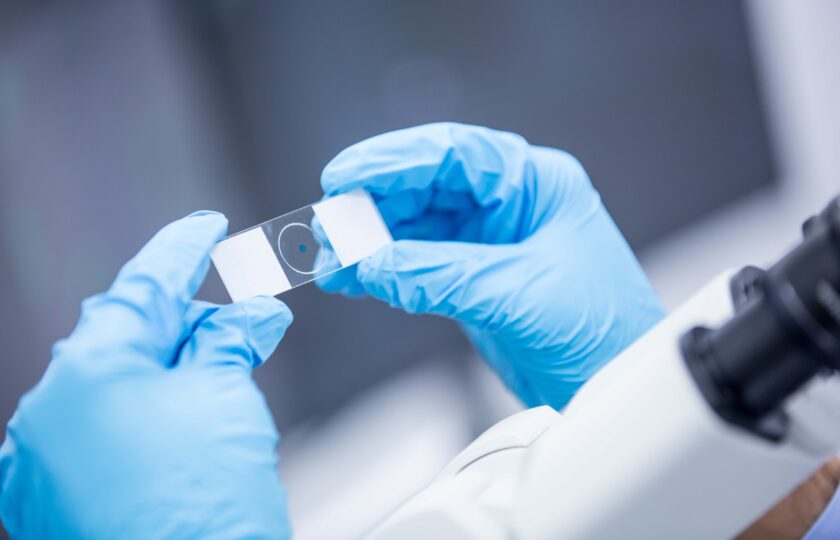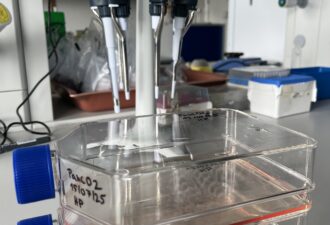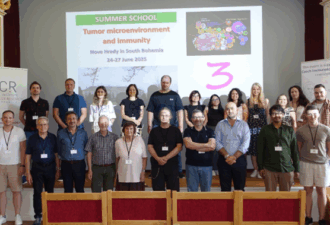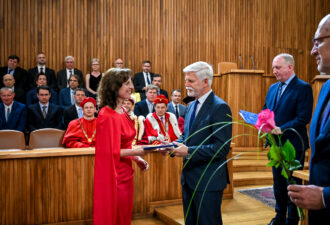24. 7. 2025

MBÚ v současnosti představuje největší pracoviště v České republice, které komplexně studuje vlastnosti mikroorganismů z hlediska základního výzkumu i z ohledu jejich praktické využitelnosti v průmyslu, medicíně a řadě dalších oborů.

největší v ČR
MBÚ v současnosti představuje největší pracoviště v České republice, které komplexně studuje vlastnosti mikroorganismů z hlediska základního výzkumu i z ohledu jejich praktické využitelnosti v průmyslu, medicíně a řadě dalších oborů.



